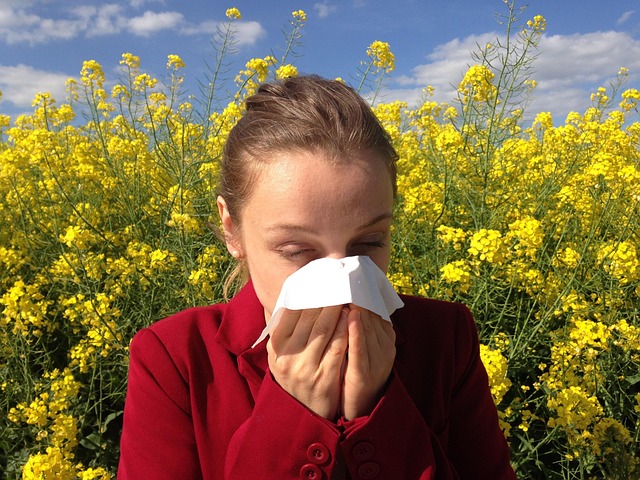Mold, a natural fungus thriving in damp environments, poses silent threats to indoor air quality and human health. While some molds are harmless, others produce mycotoxins linked to various health problems, from mild allergies and respiratory distress to severe conditions like mold poisoning. Individuals with pre-existing conditions are particularly vulnerable. Recognizing symptoms such as coughing, sneezing, breathing difficulties, nasal congestion, and itchy eyes or throat is crucial for addressing mold exposure and mitigating its harmful effects.
Mold is a silent invader in indoor spaces, its growth often unseen but with profound implications for air quality and human health. This article delves into the intricate relationship between mold and our living environments, exploring how it affects those suffering from allergies and respiratory conditions. Understanding the signs of mold exposure and its potential to cause toxic sickness is crucial for maintaining a healthy home. By recognizing mold allergy risks and their connection to mold-related respiratory issues, we can take proactive steps to mitigate these health effects.
- Understanding Mold and Its Presence in Indoor Environments
- The Impact of Mold on Air Quality and Allergic Reactions
- Recognizing Mold Exposure Symptoms and Health Effects
Understanding Mold and Its Presence in Indoor Environments

Mold is a naturally occurring fungus that thrives in damp and humid environments, making indoor spaces particularly susceptible to its growth. It can be found both visibly, as black or green patches on walls and ceilings, and invisibly, as microscopic spores floating in the air. While some molds are harmless, others produce toxic compounds called mycotoxins that can pose significant health risks to humans.
Exposure to mold can lead to a range of symptoms, from mild allergies and respiratory issues to more severe conditions like mold poisoning or toxic mold sickness. Individuals with pre-existing respiratory conditions or compromised immune systems are especially vulnerable to the health effects of mold. Recognizing the signs of mold exposure, such as coughing, sneezing, runny nose, and difficulty breathing, is crucial for prompt action to mitigate mold-related problems and create healthier indoor environments.
The Impact of Mold on Air Quality and Allergic Reactions

Mold is a silent invader that can significantly impact indoor air quality and human health, especially for those susceptible to allergies and respiratory conditions. When mold grows in homes or buildings, it releases tiny spores into the air, which can be inhaled by occupants, leading to various health issues. The impact of mold exposure symptoms ranges from mild irritations to severe allergic reactions and even toxic mold sickness.
For individuals with existing respiratory problems or a genetic predisposition to allergies, mold-related respiratory issues can be exacerbated. Common mold allergy risks include sneezing, runny nose, itchy eyes, and difficulty breathing. Prolonged exposure to high levels of mold spores may result in more severe health effects, such as chronic sinus infections, asthma flare-ups, or even cognitive impairments. Recognizing the signs of mold poisoning is essential, as prompt action can prevent further complications, ensuring a healthier living environment for all.
Recognizing Mold Exposure Symptoms and Health Effects

Many people experience mold exposure symptoms without even realizing it. Common signs include coughing, sneezing, runny or stuffy nose, and itchy eyes, nose, or throat. These symptoms can be mistaken for those of a cold or allergy, but if they persist or worsen, it could indicate ongoing mold exposure. Mold allergy risks are higher for individuals with pre-existing respiratory conditions, such as asthma, making them more susceptible to mold-related respiratory issues.
The health effects of mold can vary greatly. In some cases, short-term exposure to high levels of mold may cause symptoms like nasal congestion, sore throat, and wheezing. Prolonged or extensive mold exposure can lead to more severe health issues, including chronic sinus infections, asthma attacks, and even cognitive impairments. Signs of mold poisoning, though rare, include headaches, fatigue, memory problems, and skin rashes. If you suspect toxic mold sickness, it’s crucial to seek medical attention immediately.
